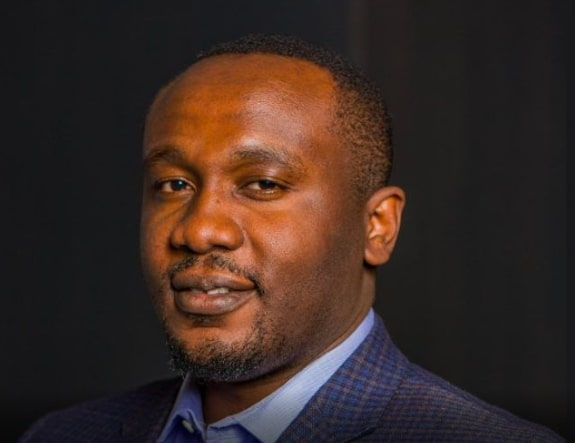
Healthcare systems worldwide grapple with artificial intelligence tools promising medical breakthroughs, which also expose patient data to escalating risks. Kayode AyinOluwa, a cybersecurity specialist with over a decade of experience, addresses these challenges by identifying risks others miss. His work spans roles at financial institutions and cybersecurity firms, making him a critical voice in safeguarding AI-driven healthcare technologies.
Anticipating Tomorrow's Threats Today
Kayode AyinOluwa's foresight is grounded in examining underexplored patterns. Health data breaches affected millions of patients worldwide in 2023, exposing gaps in current safeguards. While many focused on immediate fixes, he targeted systemic weaknesses: many Internet of Medical Things (IoMT) devices still rely on legacy systems that lack timely security updates.
Predictive strategies he champions merge technical discipline with practical solutions.While specific projects at RBC and AO Partners are not documented in publicly available sources, industry-wide efforts to combat fraud through AI-powered verification systems align with new developments in financial and healthcare cybersecurity.
Connecting Digital and Physical Security Gaps
Medical devices, from insulin pumps to MRI machines, connect to networks, creating entry points for attackers. Recent assessments indicate that a vast majority of healthcare networks remain susceptible to cyberattacks due to aging infrastructure.
Layered defenses he advocates merge hardware safeguards with AI monitoring. Blockchain-based audit trails and homomorphic encryption, tested across sectors, create tamper-proof logs and enable secure data analysis.These tactics are increasingly adopted as AI diagnostics expand.
Creating a Safer Path Through Collaboration
Kayode AyinOluwa's blueprint transcends code. He stresses that clinics, insurers, and tech firms must share threat data to outpace adversaries. Ransomware incidents have significantly disrupted hospital operations in recent years, with slow communication and disjointed systems often compounding the impact.
Cooperation frameworks aligned with global standards, such as ISO 27001 certification, are critical for hardening systems against attacks. Training programs for hospital staff and cross-industry task forces underpin modern defense strategies. [This section could benefit from examples of your direct involvement in building or consulting on such collaboration programs or frameworks.]









